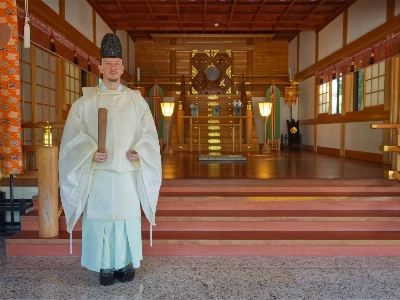The Anglo-Irish poet Jonathan Swift said "Every man desires to live long; but no man would be old."
In 1727, when Swift published those words in his "Thoughts on Various Subjects," living long probably meant making it to 50. And in those days, when the most sophisticated treatment medicine could offer was blood letting, the longer you lived, the more parasite-ridden, painful and miserable your life would likely be.
How science has changed that. The average life span in Japan is 83 for women and 78 for men. The life span of British males went from 48 in 1901 to 75 in 2000; that of females from 49 to 80. The increase in life expectancy will probably continue. If it does, what will it mean for health care? Or for pension providers, governments, families, and society?


















With your current subscription plan you can comment on stories. However, before writing your first comment, please create a display name in the Profile section of your subscriber account page.